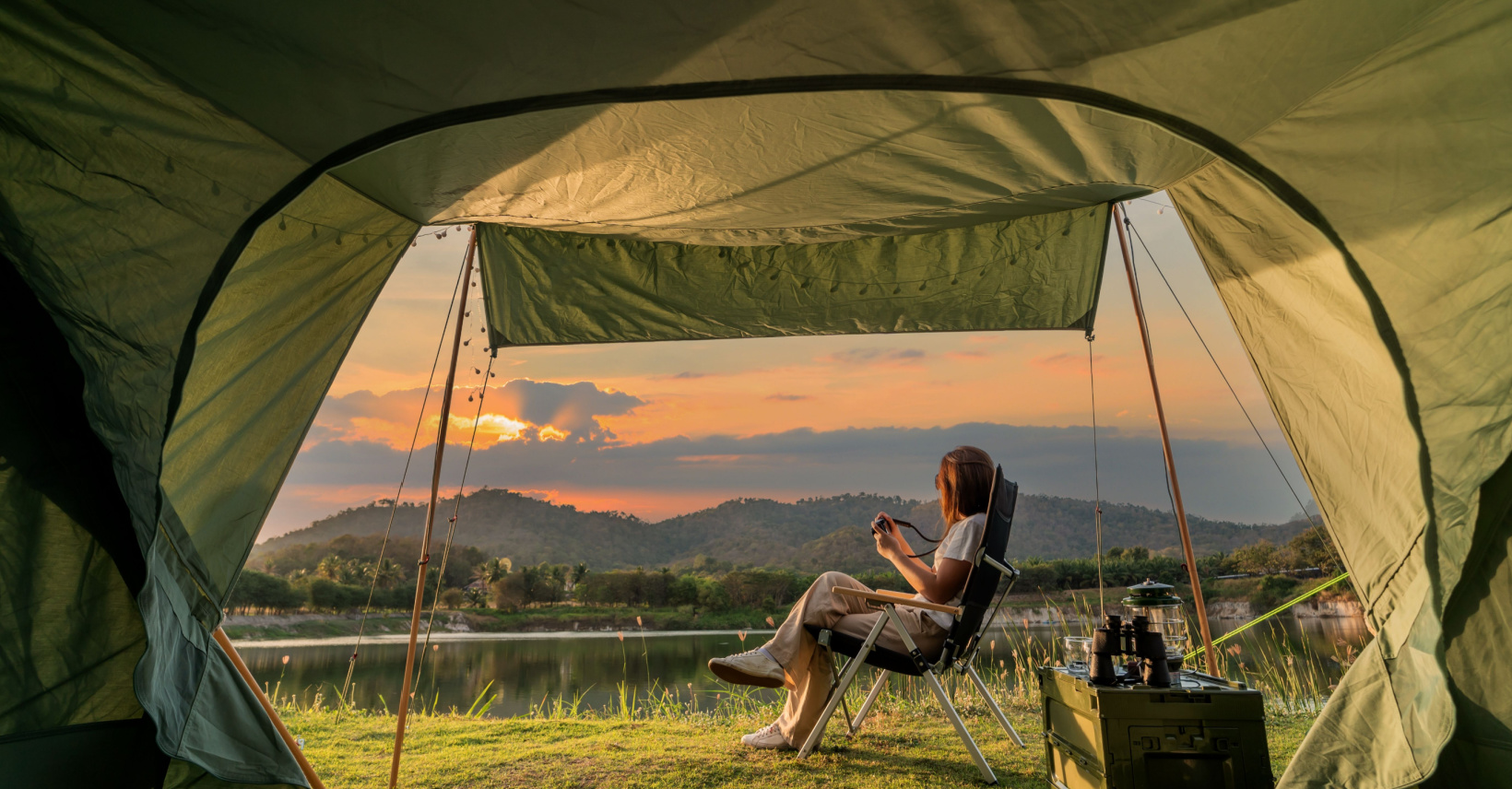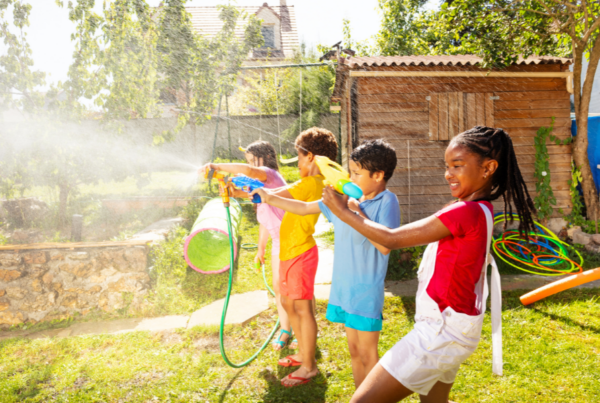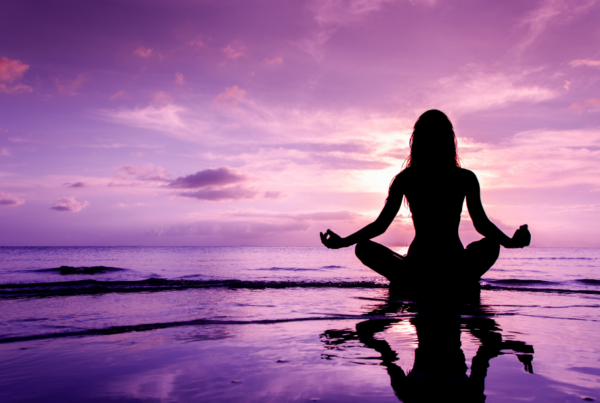Ah, summer! The time of picnics, the beach, hiking, and camping. We love getting out and doing stuff when the sun is bright, and the grass is green. And who doesn’t like sleeping outdoors and under the stars? But if you’re on a tight budget, the costs of gas, food, and gear can be a lot.
The good news is that it is possible to have a fantastic summer camping adventure without breaking the bank. With a bit of creativity and planning, you can find ways to save money on almost every aspect of your trip, and we are here to help. From finding free campsites to cheap ways to stay cool, we’ve got you covered. Today, we’ll give you some expert tips for how to survive summer on a shoestring budget.
Finding Your Campsite
When planning your summer camping experience, finding your campsite should come first. Location, amenities, size, and cost will all help you determine how to pack and what you will need later on.
The cost of a campsite typically depends on the location. If you’re camping on public lands, such as a national or state park, it may cost more than camping on private land. Any amenities (such as running water and electricity) will also affect how much you pay for the site.
For the shoestring budget camper, free works best. The state of Utah, for example, allows primitive and free camping on any land managed by the Bureau of Land Management.
Websites like Campendium offer features that let you find free campsites by state. Others, such as BoondockersWelcome, list thousands of locations on private property with free overnight RV parking.
Private camping can also be an excellent way to go. These sites typically cost a bit more than national or state parks charge. However, websites like HiCamp allow you to find campsites owned by individuals or private campgrounds so you can compare costs and find the cheapest spot to set up camp.
When looking for your campsite, be sure to do your homework. Know the rules and regulations of the campsite you are visiting. Make sure that you are aware of all fees associated with a particular spot before you venture out. And be sure to travel with enough money to cover any unexpected expenses.
Shoestring Budget Camping Gear
You don’t need to spend a ton of money on gear to have a great camping trip. With some creativity and planning, you can find all the necessary equipment for a fraction of the cost. Here’s what you’ll need to consider when packing for your trip.
The Tent – Assuming you are not RV camping, the first thing you will need is a tent. When buying a camping tent, it is crucial to consider both the quality and the price. There are a few things you can do to save money when making this purchase.
- Be sure to shop around and compare prices from different retailers. You may be able to find a better deal online or at a store in your local area.
- Consider buying a used tent. This can be a great way to save money, as long as you inspect the tent carefully before making your purchase.
- Look for coupons or sales when shopping for tents. Many stores offer discounts on camping gear, so be sure to check for these before completing your purchase.
Sleepgear – Typically, half of a camping trip is sleeping. You must be comfortable and warm. But there is no need to run out and grab expensive sleeping bags and cots. You will save a lot of money and secure your comfort by bringing your own blankets, and lots of them. After all, the cost of laundering your sleep gear after you get home will be far less than the cost of buying new stuff.
Basic Supplies – After the tent and sleepwear, there are just a few more basic supplies that are camping necessities. To stay within budget, use items that you already have, shop yard sales and thrift stores, and use discounts and coupons to get the best prices. Here is a list of essential camping supplies that you don’t want to do without:
- Cooler: A cooler will keep food and drinks cold while camping. Choose one that is appropriate for the length of your trip and the amount of food and drinks you’ll need.
- Headlamp or flashlight: A headlamp or flashlight is necessary for navigating your campsite at night.
- First aid kit: A first aid kit is vital for treating minor injuries and illnesses that may occur while camping.
- Water filter or purification tablets: Access to clean water is essential while camping. A water filter or purification tablets will ensure your drinking water is safe.
- Insect repellent: Insects can be a nuisance while camping. Insect repellent will help keep them away.
- Multi-Tool or knife: A multi-tool or knife is useful for a variety of tasks while camping, such as preparing food, cutting rope, and repairing gear.
- Clothing: Make sure you know what the weather will be while you are camping, and bring the right clothes. No need to buy anything new – the trees and rocks don’t care how you look.
- Charcoal: As long as your camping site has a fire pit or grill and allows open fires, charcoal will allow you to cook your meals for next to nothing.
- Wood: Not all campsites have readily available wood, and many of them restrict wood gathering. Ideally, gathering and splitting your own wood saves the most money. However, if you can’t do that, you can usually get camp-ready wood locally for cheap.
Eating While Camping
When it comes to food while camping on a budget, the biggest tip we can give you is to prepare your meals ahead of time. This will cut down on the amount of gear you need to bring. In addition, if your meals are ready-to-eat or even just ready to heat, you can leave the extra dishes, cutlery, and spices at home.
Preparing your meals ahead of time will also save you a lot of time on cleanup.
For heating your food, opt for charcoal or wood in the firepit. Again, there is no need to spend a bunch of money on a camp stove. After all, what’s a camp without a fire? We also suggest that you choose meals that can be cooked in one pot. One-pot meals are easy to make, require minimal cleanup, and can be cooked on a camp stove or fire.
Consider cheap supper dishes like goulash, chili, or beans and rice. For lunch, good old peanut butter and jelly sandwiches taste great in the outdoors. And some fruit and muffins make an easy breakfast to start the day. You can also make pancakes over the fire if you want to get really fancy.
Camping on a shoestring budget can be done easily, after all. When you get to the heart of it, camping is about getting away and into nature. It’s about living on the bare minimum and disconnecting from our stress and our screens. Sure, you need tents, bedding, and food, but if you keep it to only the necessities, you still have an incredible camping experience. Because the main attraction, peace and nature, is free.











